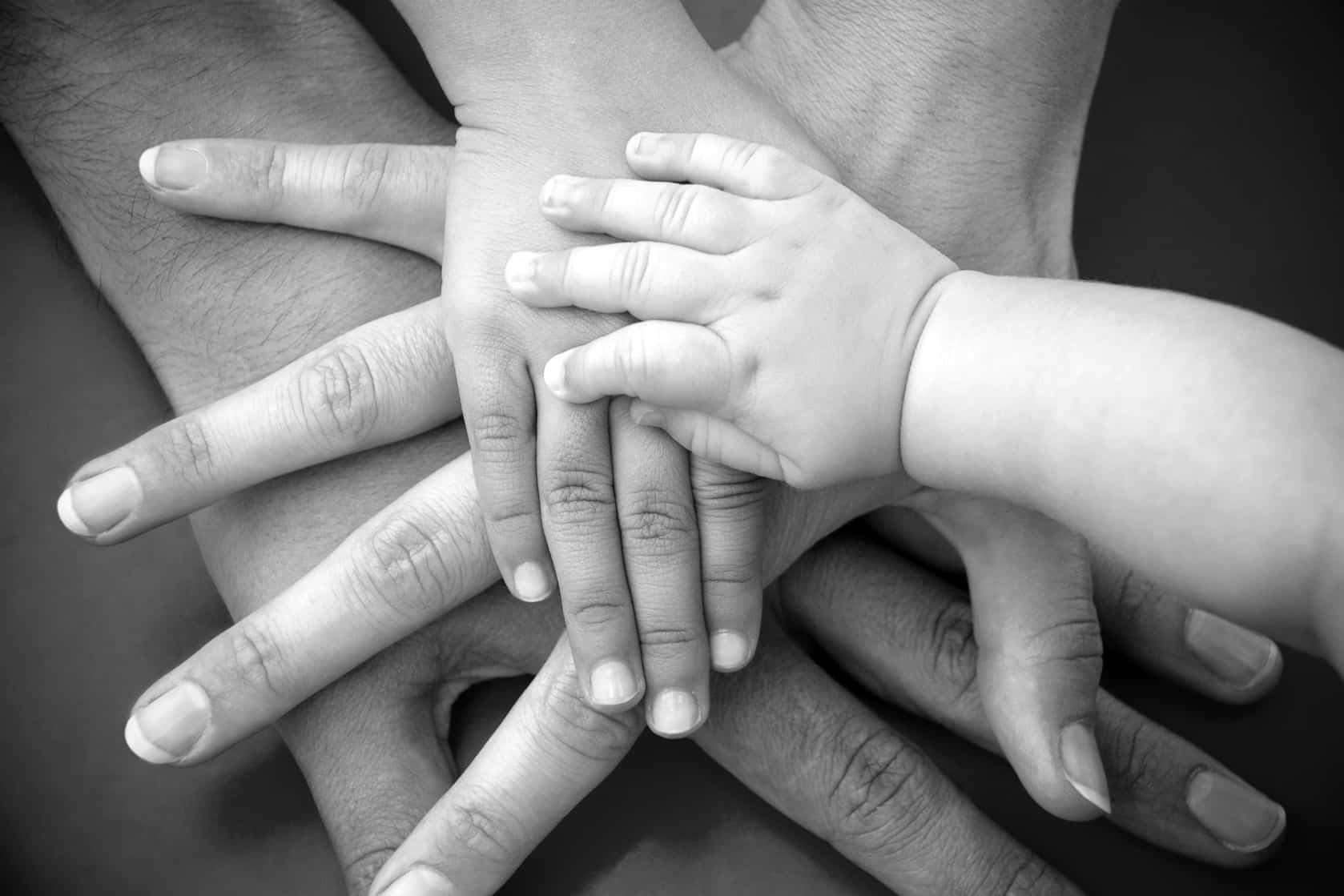Trauma is defined as a physical and psychological threat or assault to a child’s bodily integrity, sense of self, safety, survival, or to the physical safety of another person significant to the child. Have you ever thought that trauma is hereditary? Do we have to go through a traumatic episode also, as did our father, mother, or family? It does feel that way, when you hear the history of your family.
Early childhood trauma (i.e., those bad things that happen before the age of six) lie at the root of most depression, anxiety, and many other emotional and psychological illnesses. Could this finding be heredities?
Why do some of us in the family continue to suffer with trauma? Are we making these choices for our loved ones? Must it carry on to every generation?
Due to traumatic experiences, children are susceptible to psychological disorders and severe emotional turmoil, often needing trauma therapy assistance.
Heredity trauma is also known as intergenerational trauma.
What causes intergenerational trauma?
Intergenerational trauma can negatively impact families as a result of unresolved emotions and thoughts about just living life. Negative repeated patterns of behavior, including beliefs about parenting and passing on some of the traditional parts of life in a way that families live.
Untreated or poorly-treated substance abuse or severe mental illnesses can or may effect us all in someway or another.
Can you inherit your parent’s trauma?
Many types of research suggest that trauma may be inherited in many aspects. Studies have shown that experiencing trauma may abandon a chemical mark on a person’s genes, which is then passed down to future generations. Can you believe that? It scary to think that we cannot escape this.
Does inherited trauma exist?
Intergenerational trauma is usually seen within one of the parents or grandparents of one family who was traumatized enough, and each period of that family continues to experience trauma in some form or another. In these cases, the origin can usually be traced back to a devastating event, and the trauma is unique to that family. Its almost like a curse. If you believe in curses.
Symptoms of intergenerational trauma:
• Lack of trust of others
• Anger
• Irritability
• Nightmares
• Fearfulness
• Inability to connect to others
• Not getting treatment for the intergenerational trauma
Healing hereditary trauma includes the following therapies, which can break the cycle of trauma:
• Parent-child interaction therapy
• Family therapy
• Family system improvement therapy
• Working through a genogram
• Child parent relationship therapy
Other hereditary intergenerational traditions could include in times of war. Sometimes we follow our forefathers’ tradition of going to war. Parental disorder trauma constitutes an essential health care need of veterans, especially those who recently separated from service. By reviewing studies regarding the strength of several types of trauma found that many of the studies were invalid in composition and performance and that relatively few of these studies have been carried out in veterans’ populations, despite suggestions that civilian and veteran people respond indifferently about many kinds of treatment.
The board also notes that the data is insufficient for potency or generalization of ethnic minority treatment modalities.
Despite challenges in the consistency, quality, and depth of research, the board found the evidence adequate to conclude exposure therapies’ efficacy in treating trauma.
The committee found the evidence inadequate to determine the effectiveness of different pharmacotherapies, three other psychotherapy modalities, and psychotherapy delivered in group formats.
In other words, there was no pure evidence that trauma is or is not really hereditary. Or is it? What do you think?
